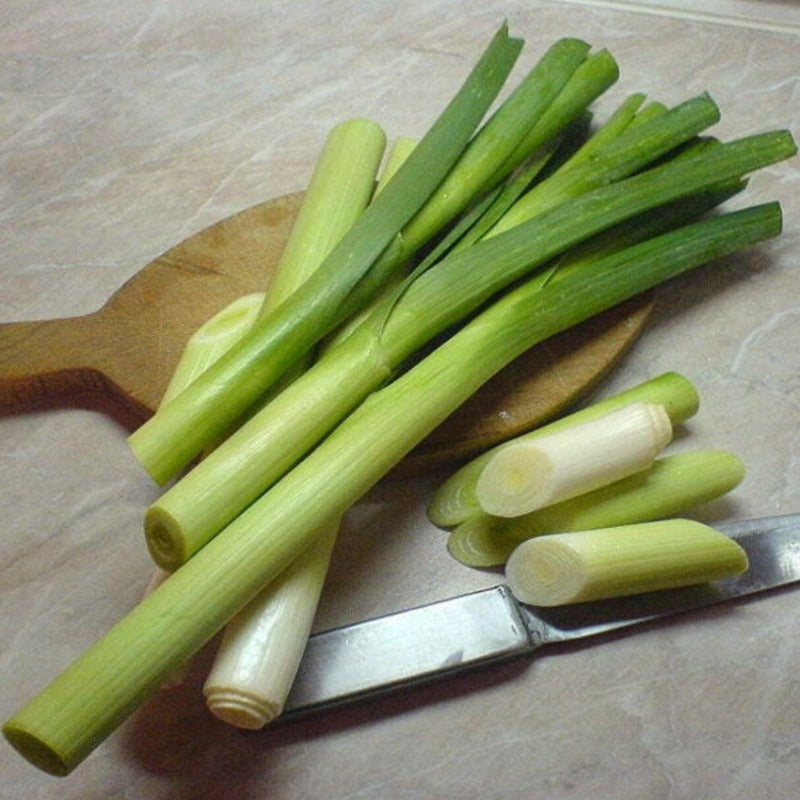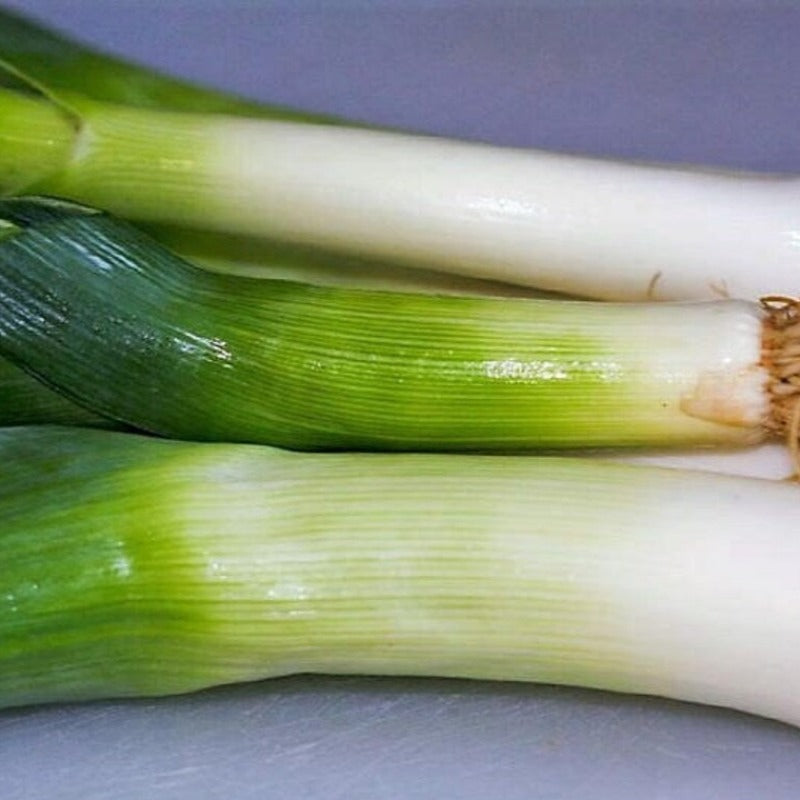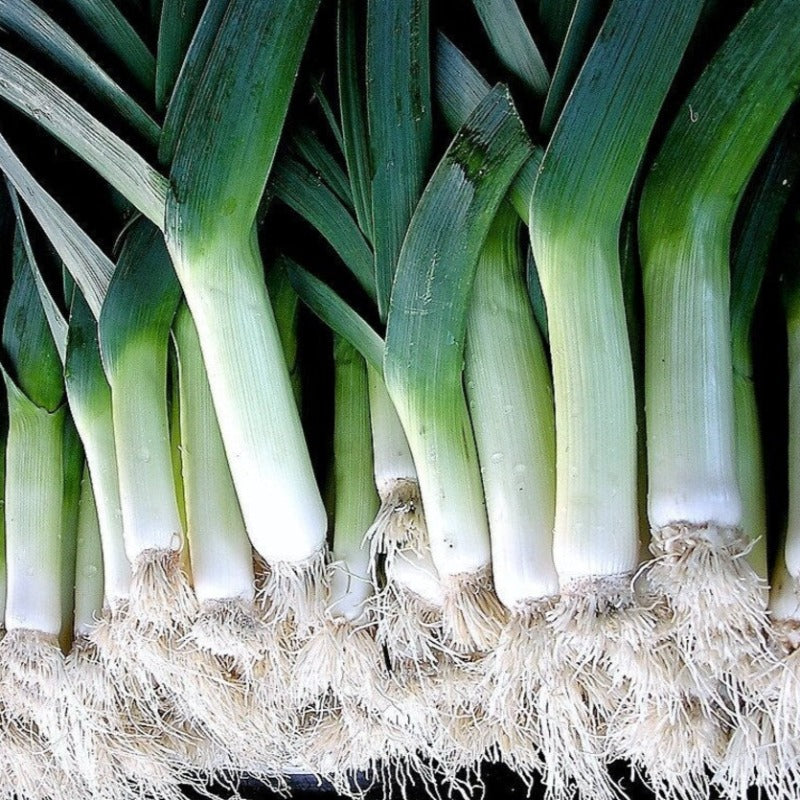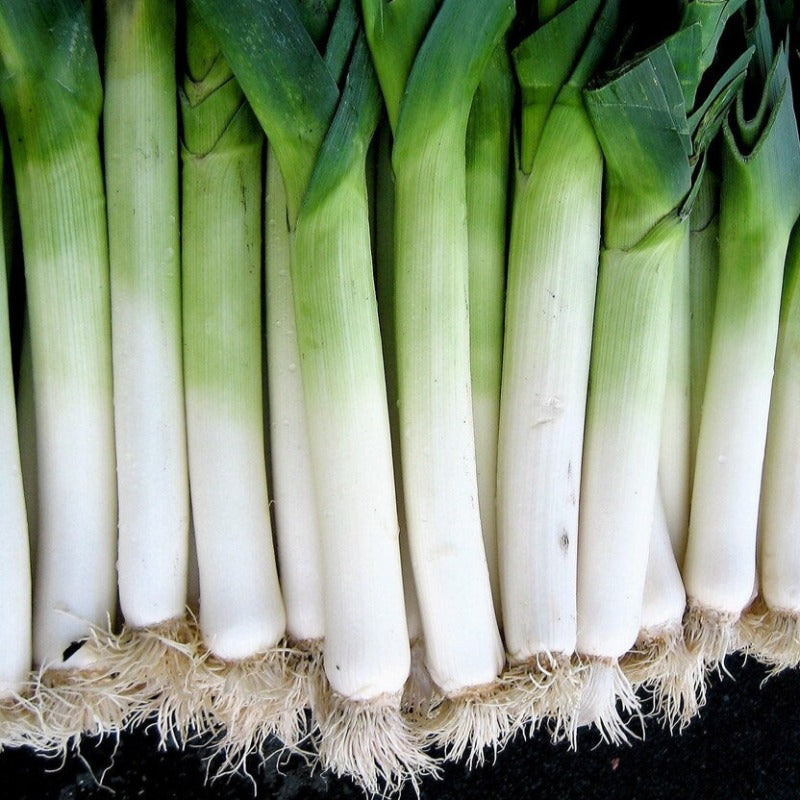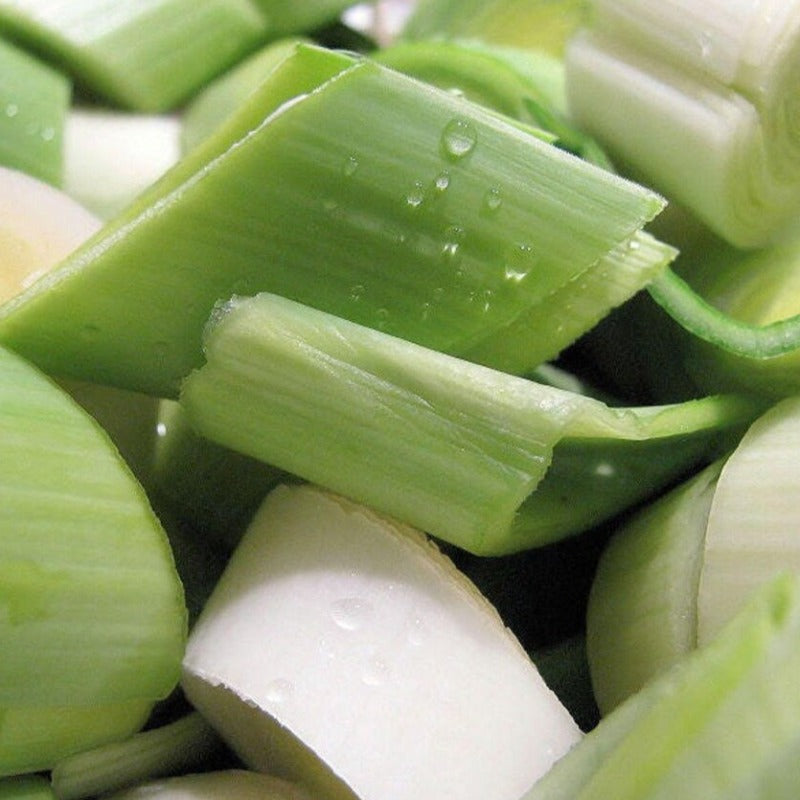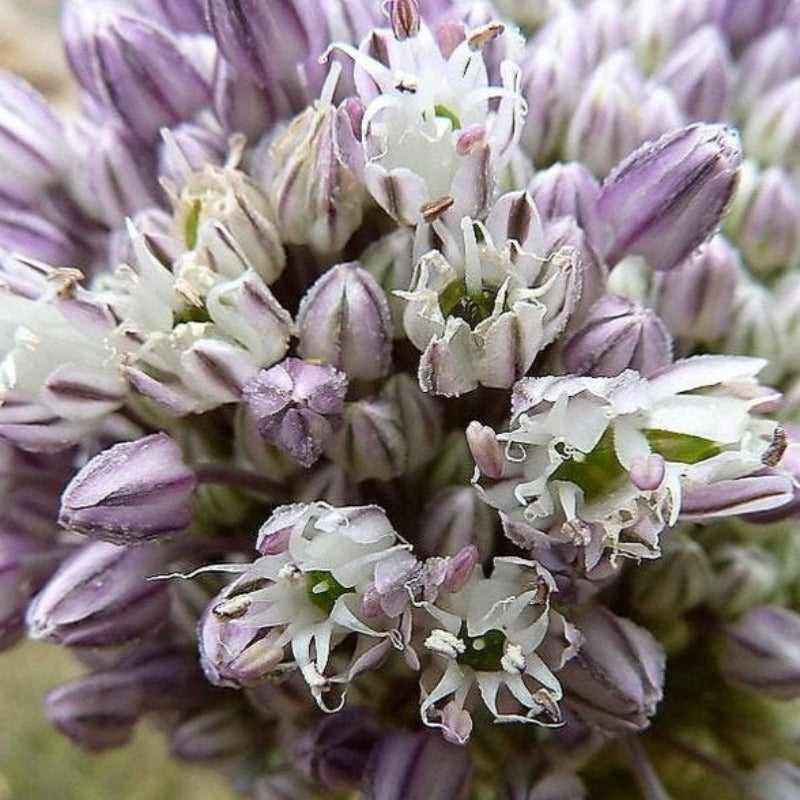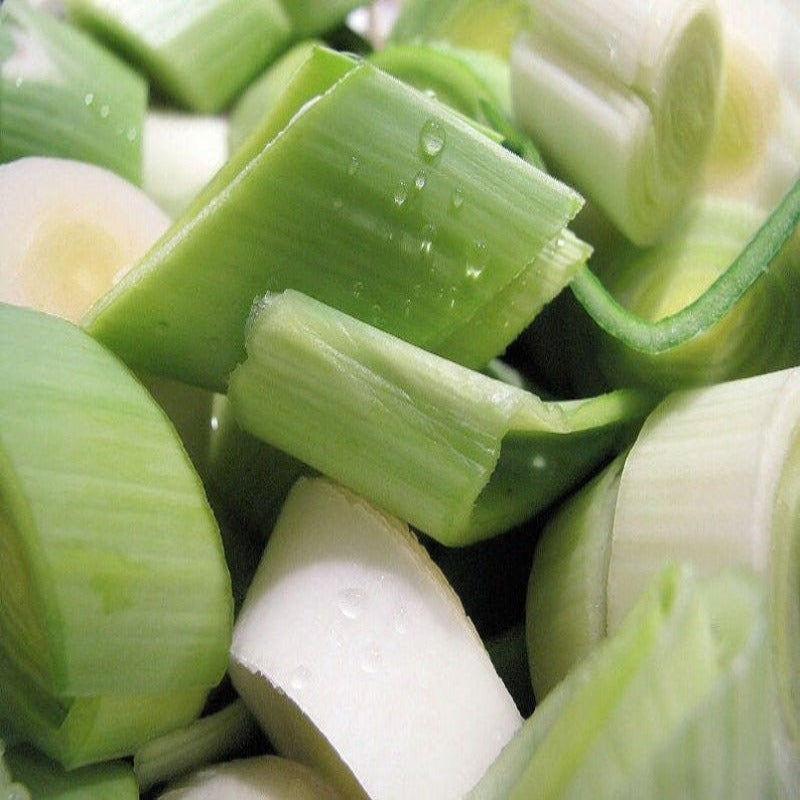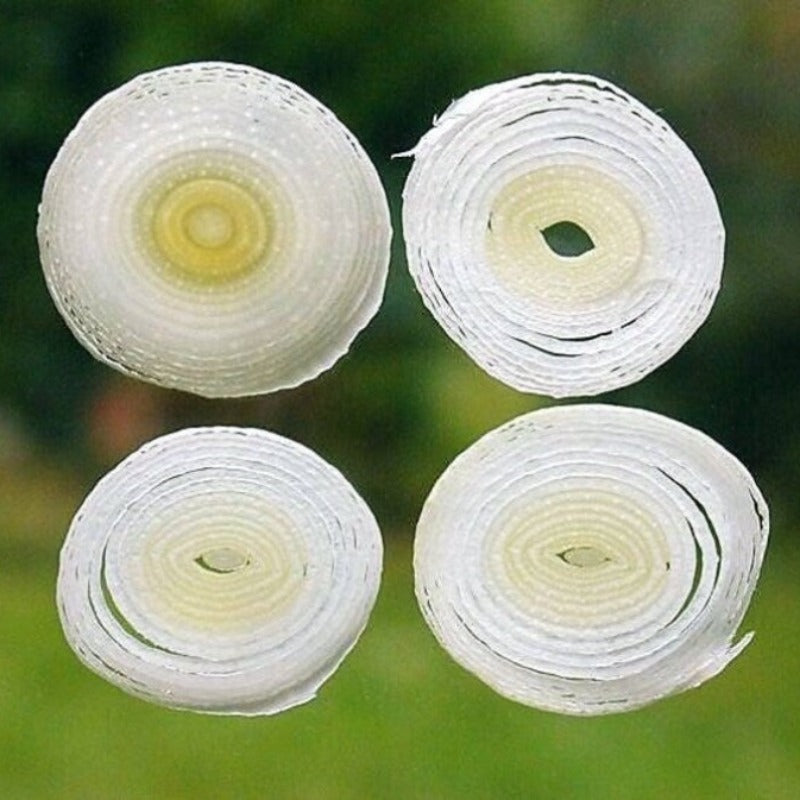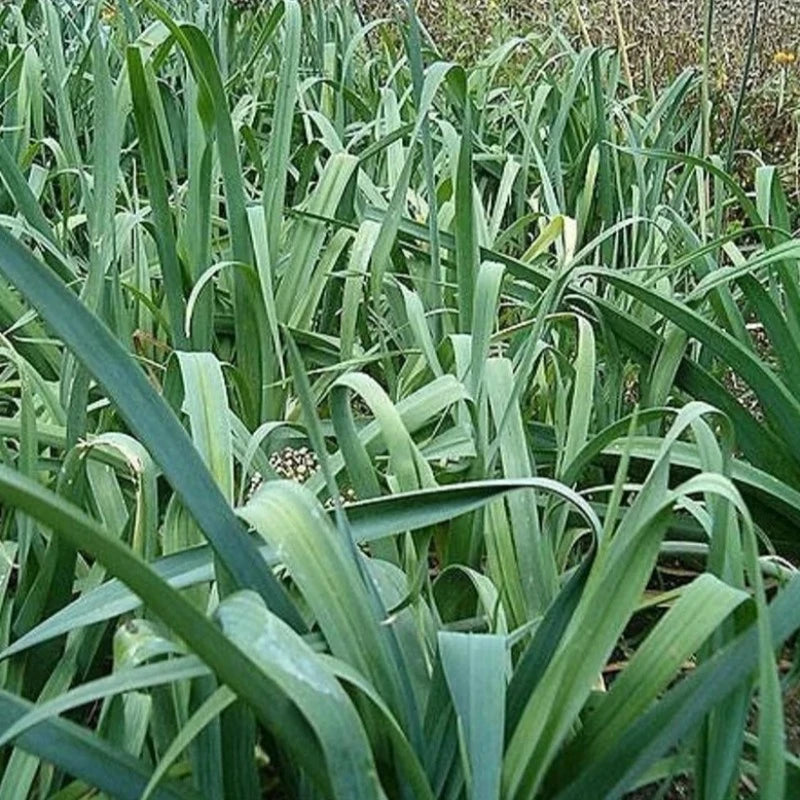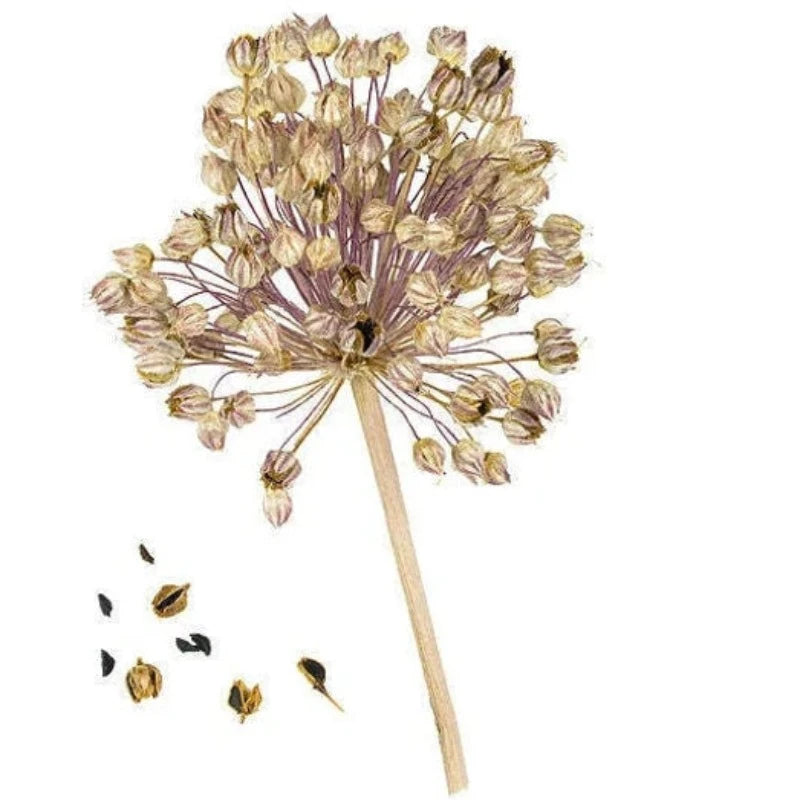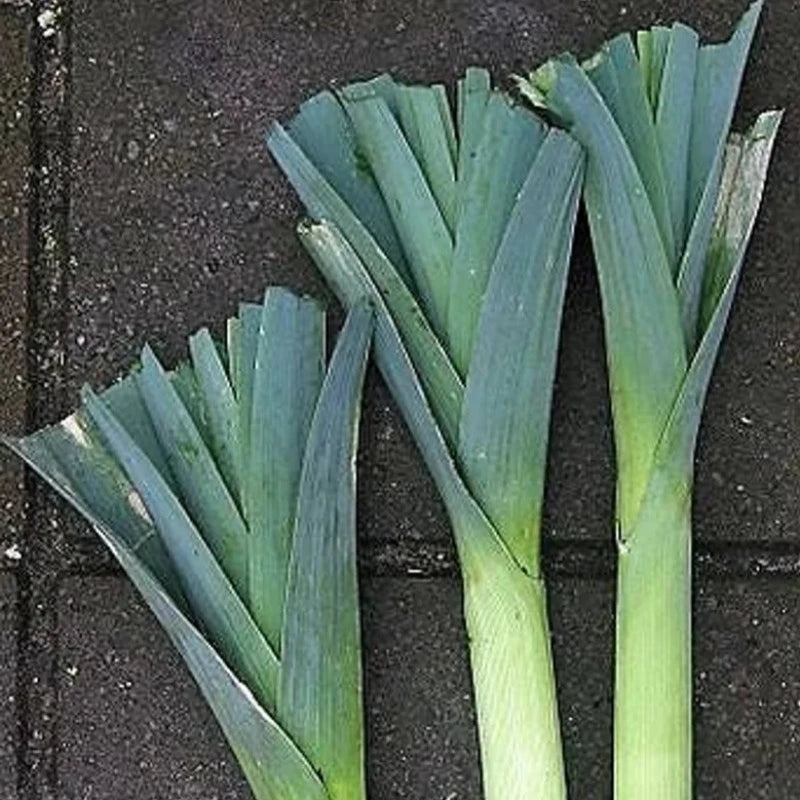- Historical context: The Broad London Leek, also known as London Flag, is a traditional variety of leek that has been cultivated for centuries.
- Geographical origination: As the name suggests, this variety of leek originated in London, England.
- Relevant cultural significance: Leeks have been a staple in British cuisine for centuries, and the Broad London Leek is a popular variety due to its robust flavor and versatility in cooking.
- Time period of discovery: The exact time period of discovery is not known, but leeks have been cultivated in England since at least the Middle Ages.
- Original habitat: The original habitat of the Broad London Leek is temperate regions with a cool, moist climate.
- Notable historical uses: Historically, leeks have been used in a variety of dishes, from soups and stews to pies. The Broad London Leek, with its thick, white stem and mild flavor, is particularly suited to these uses.
- Ideal temperature range: Leeks prefer a cool climate, with temperatures between 55 and 75 degrees Fahrenheit.
- Soil type: Leeks prefer well-drained, fertile soil with a pH between 6.0 and 7.0.
- Sunlight requirements: Leeks require full sun to grow properly.
- Watering needs: Leeks need regular watering, but do not tolerate waterlogged soil. It's important to keep the soil consistently moist but not saturated.
- Planting season: Leek seeds can be sown in early spring for a summer harvest, or in late summer for a winter harvest.
- Germination time: Leek seeds typically germinate within 10 to 14 days.
- Growth cycle duration: The growth cycle of the Broad London Leek is approximately 120 to 150 days.
- Common pests and diseases: Common pests include leek moth and thrips, while common diseases include rust and white tip.
- Companion planting advice: Leeks are compatible with most vegetables, but they particularly benefit from being planted near carrots, celery, and onions.
- Common challenges and solutions: One common challenge is ensuring the leeks are blanched (kept white) by hilling up soil around the stems as they grow. This can be achieved by planting the leeks in a trench and gradually filling it in as the leeks grow.
- Nutritional values: Leeks are a good source of vitamin A, vitamin C, and iron, and also contain dietary fiber.
- Health benefits: Leeks have a number of health benefits, including improving digestive health, reducing the risk of heart disease, and boosting the immune system.
- Culinary uses: Broad London Leeks can be used in a variety of dishes, including soups, stews, and pies. They can also be roasted, grilled, or sautéed.
- Medicinal uses: Historically, leeks have been used to treat a variety of ailments, including colds and coughs.
- Other unique advantages: Leeks are a hardy vegetable that can be harvested throughout the winter, providing a valuable source of fresh produce during the colder months.
